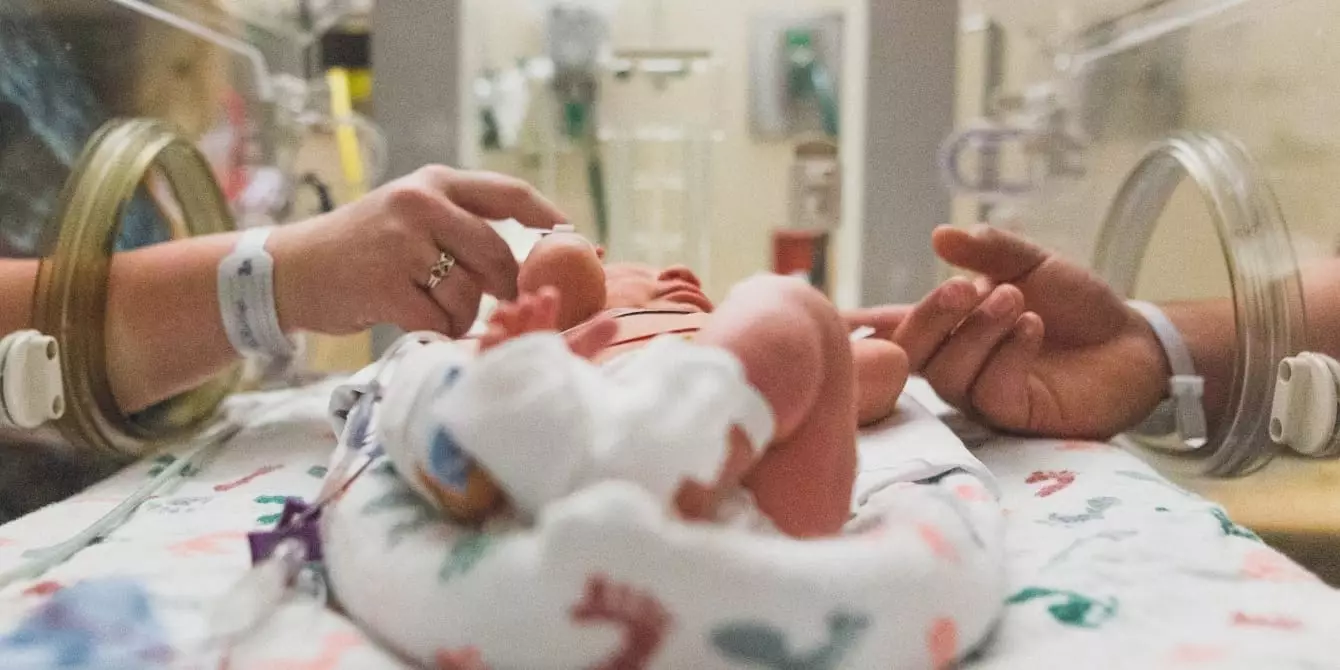The experience of parenting a baby in the Neonatal Intensive Care Unit (NICU) can be profoundly isolating and emotionally overwhelming. While the physical health of preterm infants is rightfully prioritized, there remains an unsettling gap in mental health support for their parents. Research has unequivocally demonstrated that parents of premature babies face heightened risks for a myriad of mental health issues, including depression, anxiety, and post-traumatic stress disorder (PTSD). It is crucial that we confront this reality head-on, understanding that the standards of care must extend beyond just the newborns.
The Emotional Toll of the NICU Experience
Understanding the emotional impact of a NICU stay involves recognizing the complexity of the environment itself. Doctors, nurses, and advanced medical technology create an intense atmosphere rife with uncertainty. Parents often find themselves engulfed in a sea of information, while simultaneously navigating their own emotional upheaval. The absence of standardized protocols to address parental mental health amplifies the feeling of being unmoored. In numerous hospitals across the United States, the critical issue of mental health support is yet to be incorporated into routine care, leaving many parents to fend for themselves during one of the most turbulent times in their lives.
The personal narratives shared by NICU parents reveal a stark truth: they frequently feel unsupported. The belief that their emotional struggles are secondary to their child’s health can further deepen feelings of isolation. For instance, one parent described their experience as like being “left high and dry in the deep end of the ocean.” Clearly, this sentiment echoes a broader systemic failure to acknowledge the weighty mental burden that NICU parents bear.
While many individuals face their battles solo, it is essential to realize that support systems should not solely rely on personal networks. Experts advocate for a systemic integration of mental health support tailored to the unique trajectory of each family’s journey through the NICU. This encompasses the transition during discharge, outreach to rural communities, and inclusivity for non-English-speaking families. Without incorporating these considerations into standard care practices, we risk perpetuating a cycle of trauma among parents who have already endured so much during their child’s early days.
The disconnection parents experience during this period is exacerbated by their need to grieve the loss of typical parenting milestones. Maternity and paternity leave often do not take into account the ongoing needs of parents whose children are hospitalized, leading to situations where emotional recovery is not supported. Recognizing this gap is a critical first step toward offering the necessary assistance to practitioners and caregivers.
As experiences in the NICU unfold, parents need resources that foster both connection and understanding. Journaling, for example, can serve as a therapeutic outlet allows parents to process their emotions and document their child’s journey. This act not only creates a tangible account of their experience but also offers a sense of purpose and clarity during chaotic times. Furthermore, initiatives like FLRRiSH provide outlets for parents to engage in shared experiences, ultimately helping to normalize the complex feelings associated with their NICU journey.
Support is essential, not just for medical professionals but also for each other. Clinicians must be trained to recognize the signs of mental health struggles among parents, thereby encouraging them to seek help. Peer support is invaluable; connecting with other NICU parents can create a lifeline for those navigating similar emotional landscapes. It is often a relief to know that there are others who have felt the same combination of grief, anxiety, and hope.
In the high-stress environment of the NICU, self-care can sometimes be perceived as selfish. However, prioritizing one’s mental health is paramount. Parents need reminders that tending to themselves is crucial for their ability to care for their baby. Choosing self-care can manifest in numerous ways, from taking a brief walk outside to discussing feelings with a therapist or trusted friend. Engaging in personal well-being practices not only alleviates individual stress but ultimately enables parents to be more present and attentive to their child’s needs.
Moreover, parents must be encouraged to acknowledge their vulnerability, understanding that their feelings of sadness or anxiety are valid—regardless of their child’s current health status. Embracing this vulnerability can be a strength that aids in bonding with their child and processing an often-difficult situation.
It is time to elevate the conversation surrounding the mental health of NICU parents. As a society, we can no longer afford to ignore the psychological struggles faced by these caregivers. Comprehensive mental health support should be an integral component of NICU care, supporting families through their journey with complete compassion and validation. Only by fostering systemic change can we ensure that parents regain a sense of agency over their emotional well-being, paving the way for healthier family dynamics in the future.

